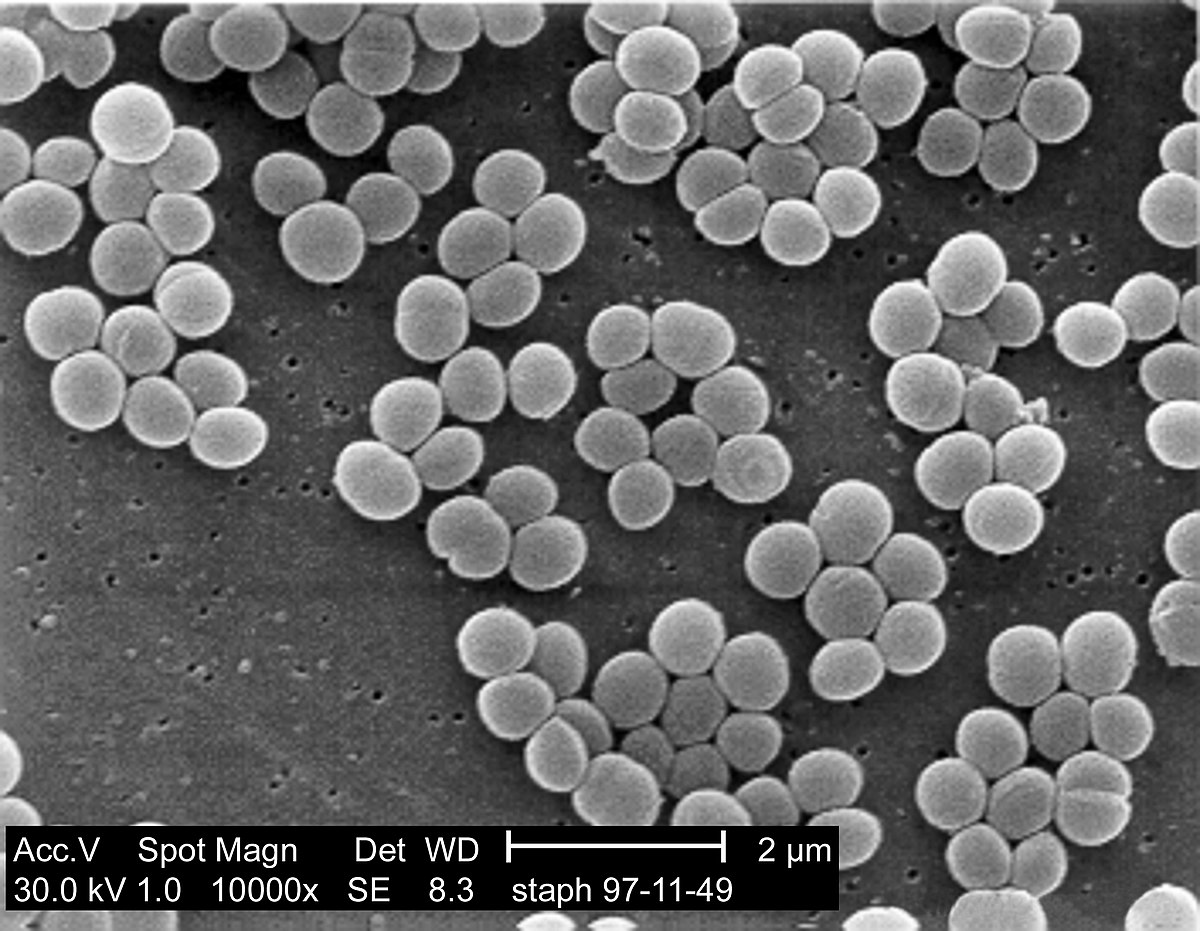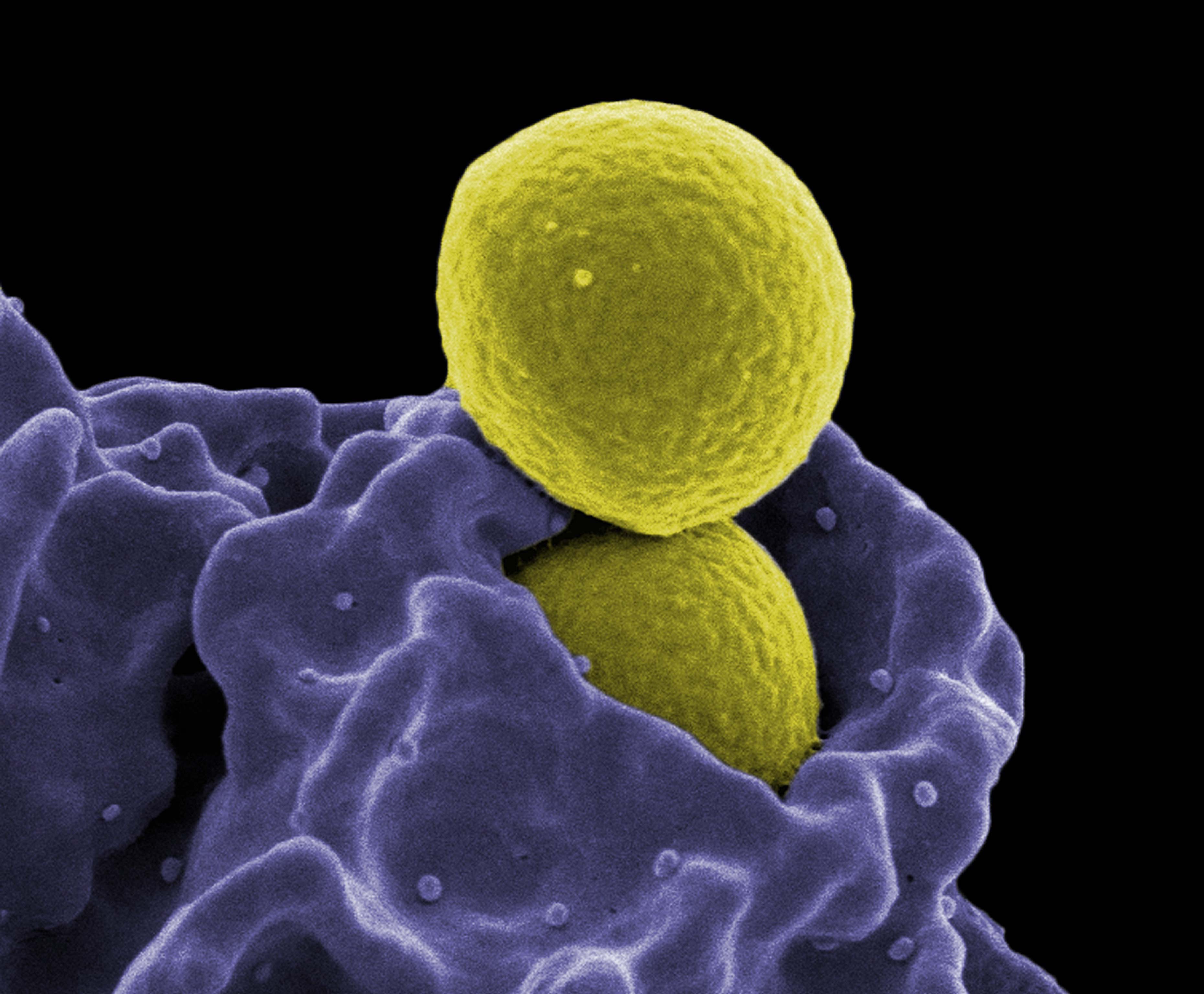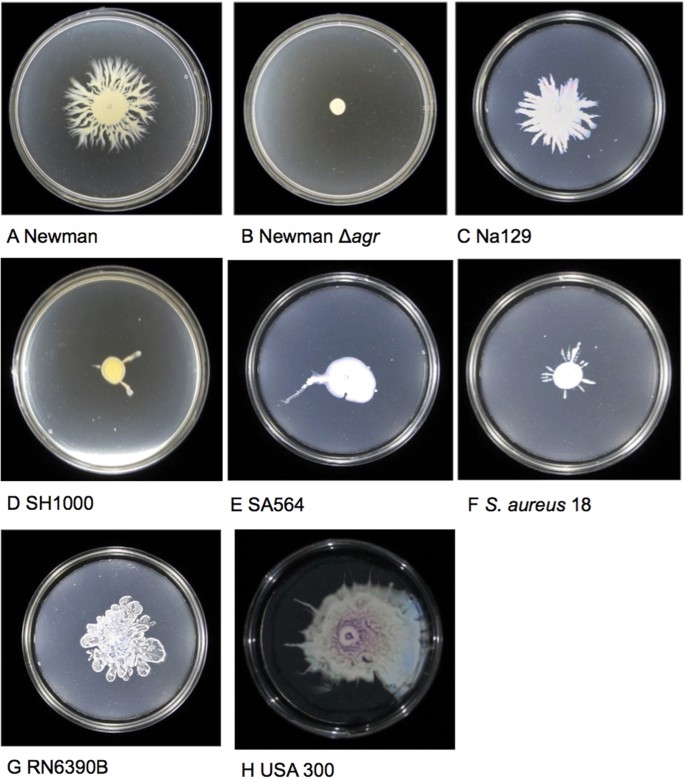Pathogens, Free Full-Text
Por um escritor misterioso
Descrição
Staphylococcus aureus (S. aureus) causes the vast majority of skin and soft tissue infections (SSTIs) in humans. S. aureus has become increasingly resistant to antibiotics and there is an urgent need for new strategies to tackle S. aureus infections. Vaccines offer a potential solution to this epidemic of antimicrobial resistance. However, the development of next generation efficacious anti-S. aureus vaccines necessitates a greater understanding of the protective immune response against S. aureus infection. In particular, it will be important to ascertain if distinct immune mechanisms are required to confer protection at distinct anatomical sites. Recent discoveries have highlighted that interleukin-17-producing T cells play a particularly important role in the immune response to S. aureus skin infection and suggest that vaccine strategies to specifically target these types of T cells may be beneficial in the treatment of S. aureus SSTIs. S. aureus expresses a large number of cell wall-anchored (CWA) proteins, which are covalently attached to the cell wall peptidoglycan. The virulence potential of many CWA proteins has been demonstrated in infection models; however, there is a paucity of information regarding their roles during SSTIs. In this review, we highlight potential candidate antigens for vaccines targeted at protection against SSTIs.

Global mortality associated with 33 bacterial pathogens in 2019: a systematic analysis for the Global Burden of Disease Study 2019 - The Lancet

Impedance-Based Detection of Bacteria
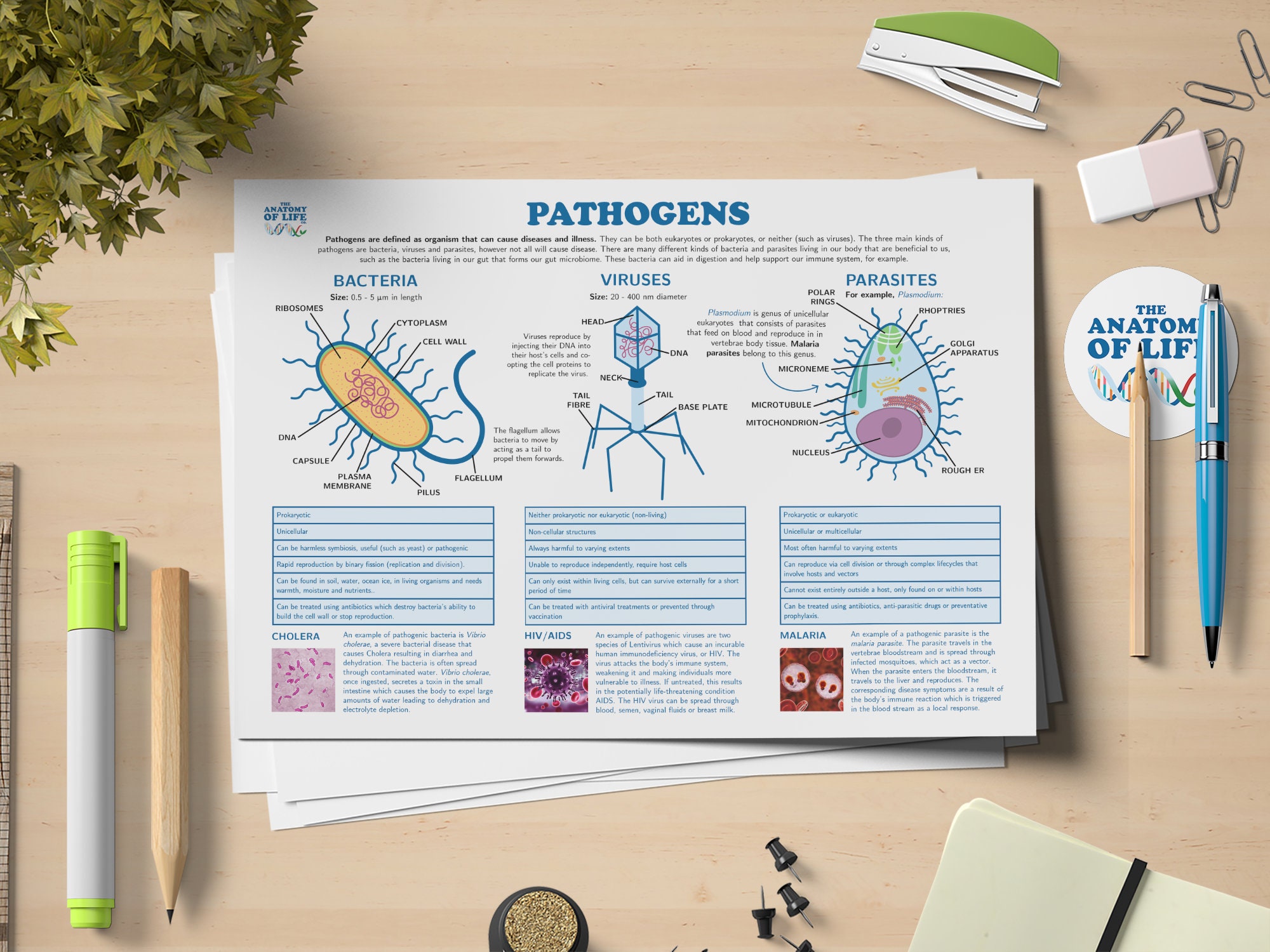
Pathogens Science Printable Poster
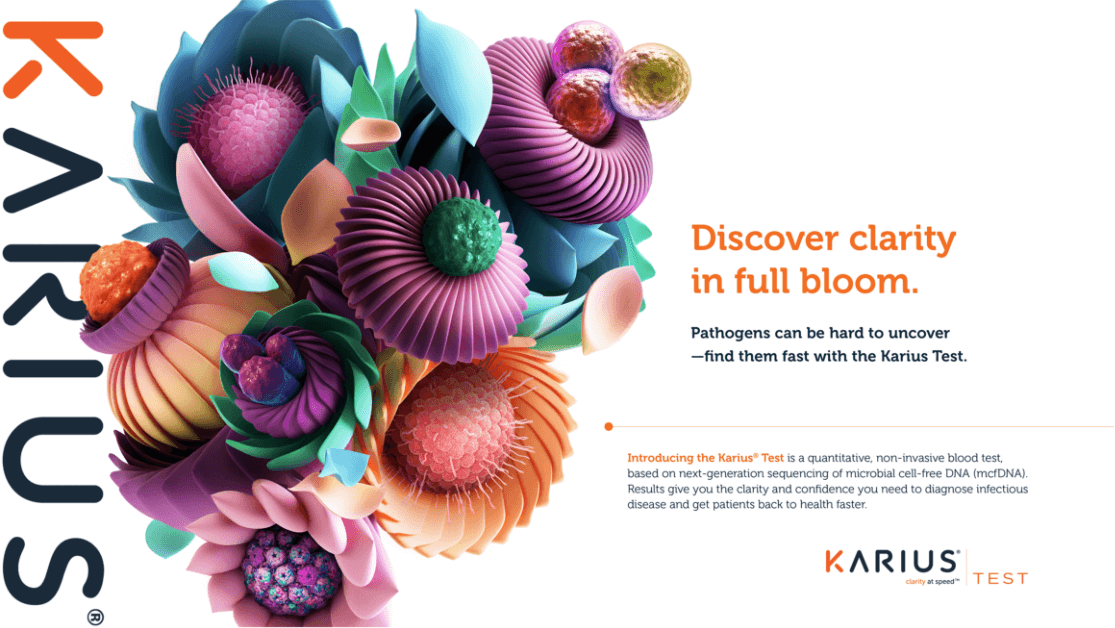
Karius - SFC Group
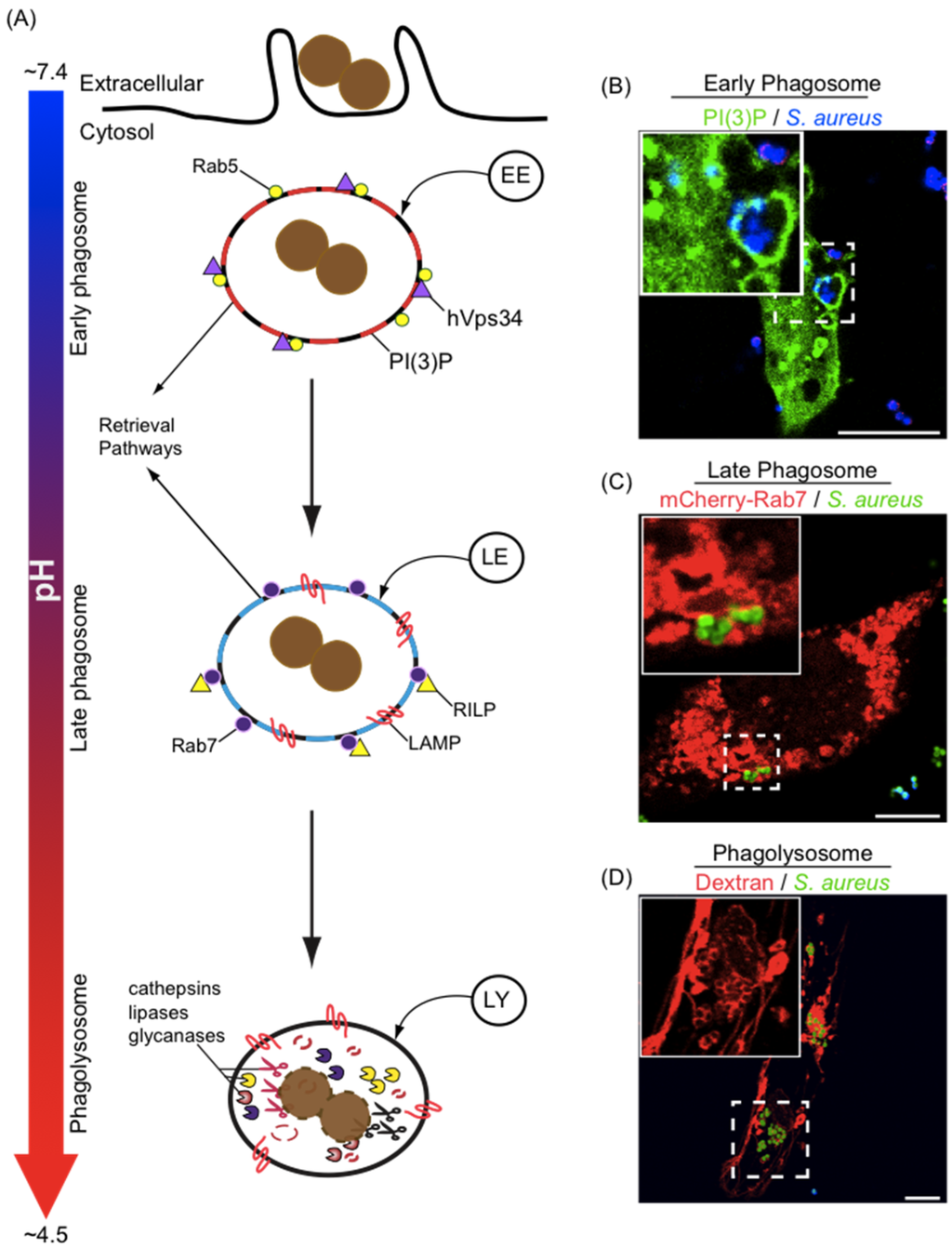
Pathogens, Free Full-Text
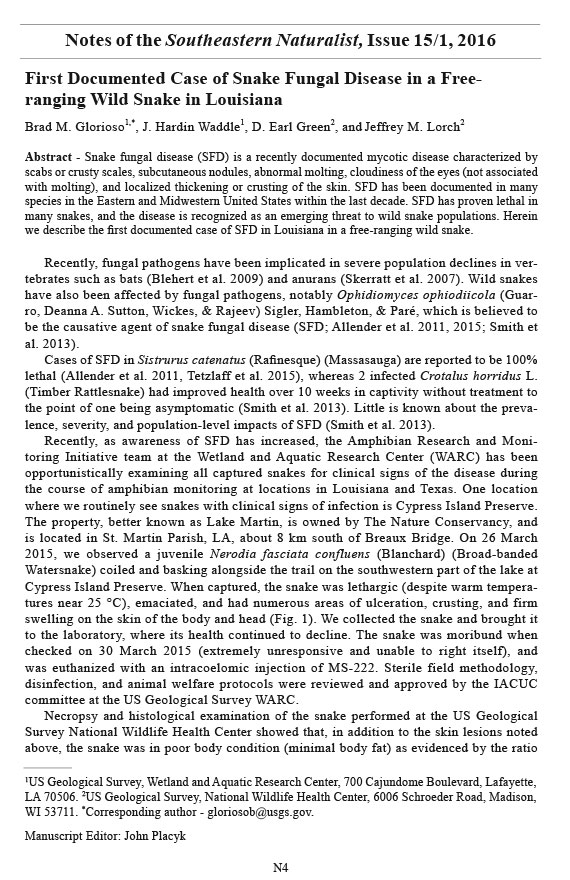
Southeastern Naturalist, Volume 15, Number 1 (2016): N4–N6

Global mortality associated with 33 bacterial pathogens in 2019: a systematic analysis for the Global Burden of Disease Study 2019 - The Lancet

Effect of sequential UV/free chlorine disinfection on opportunistic pathogens and microbial community structure in simulated drinking water distribution systems - ScienceDirect
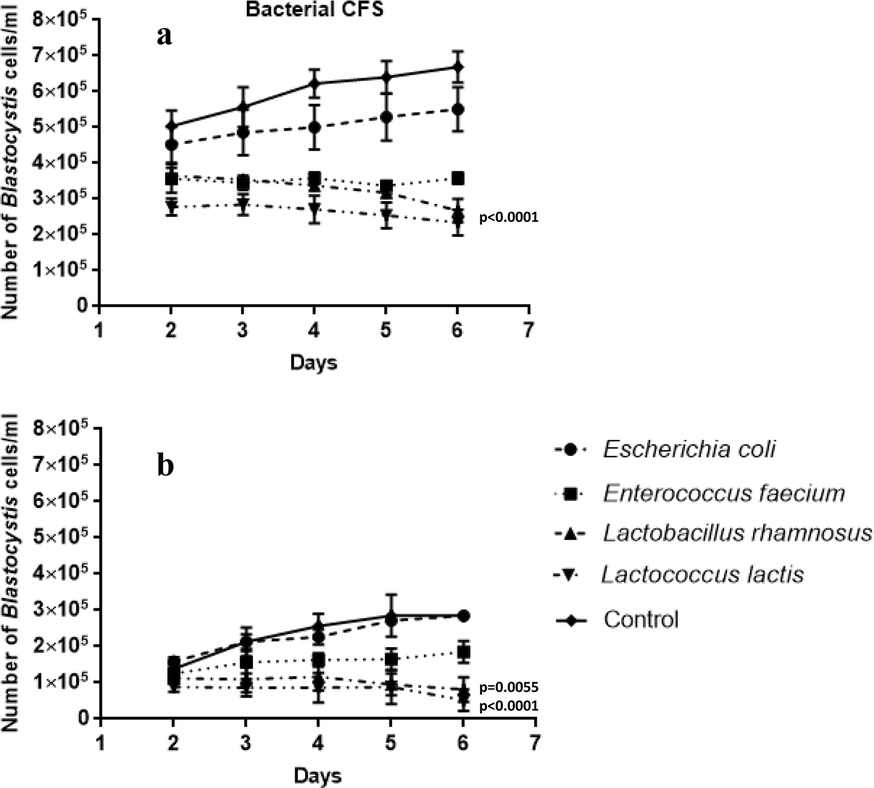
The influence of probiotic bacteria and human gut microorganisms causing opportunistic infections on Blastocystis ST3, Gut Pathogens

A Dietary Fiber-Deprived Gut Microbiota Degrades the Colonic Mucus Barrier and Enhances Pathogen Susceptibility: Cell
de
por adulto (o preço varia de acordo com o tamanho do grupo)
